My pinned cards
A/B Testing
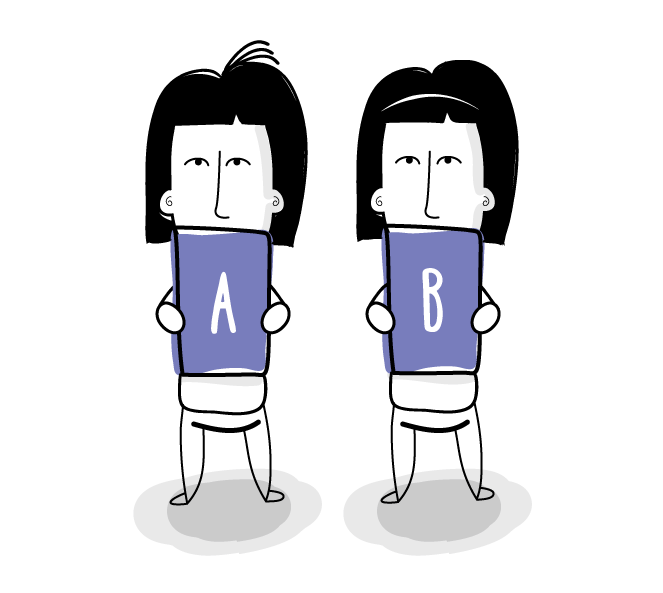
Why?
A minor change in a design may alter user behaviour in ways that are hard to detect in a usability test. An A/B test allows you to compare real-world user behaviour across different versions of the product.
More infoBenchmark creation
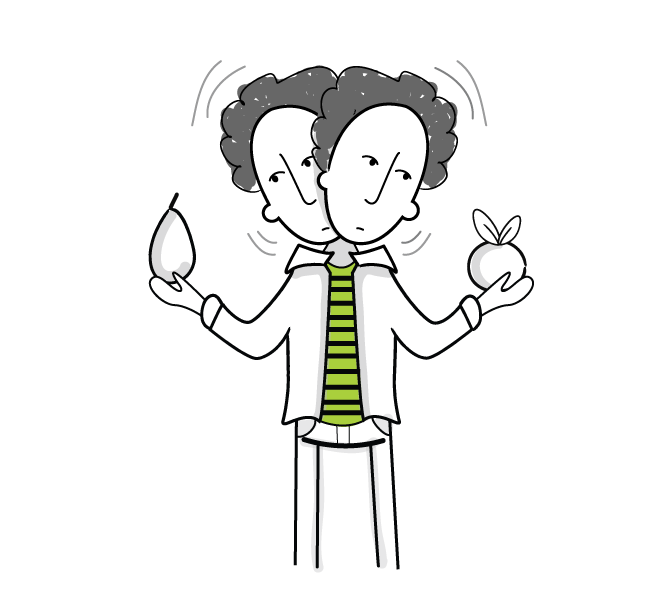
Why?
Existing products in your niche can be a valuable reference and source of inspiration.
More infoBest, good & bad practices

Why?
Why invent the wheel again? Incorporating what others have learned is an important practice.
More infoBiometrics
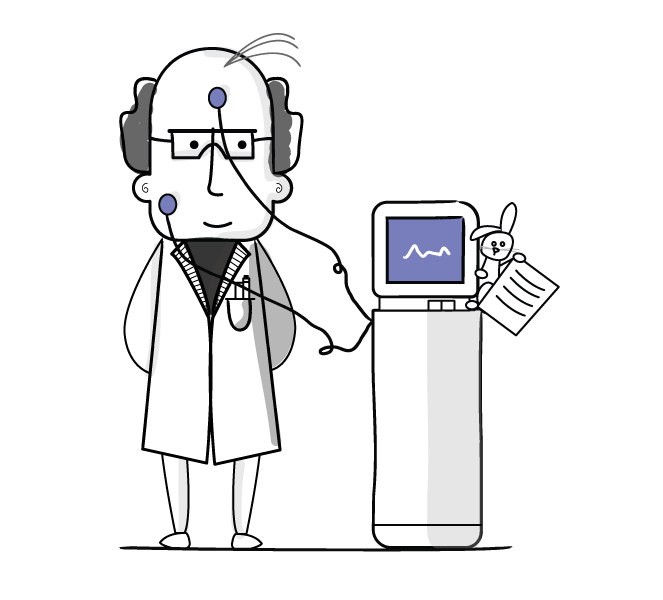
Why?
To get objective data about users' attention and physical state.
More infoBusiness Model Canvas
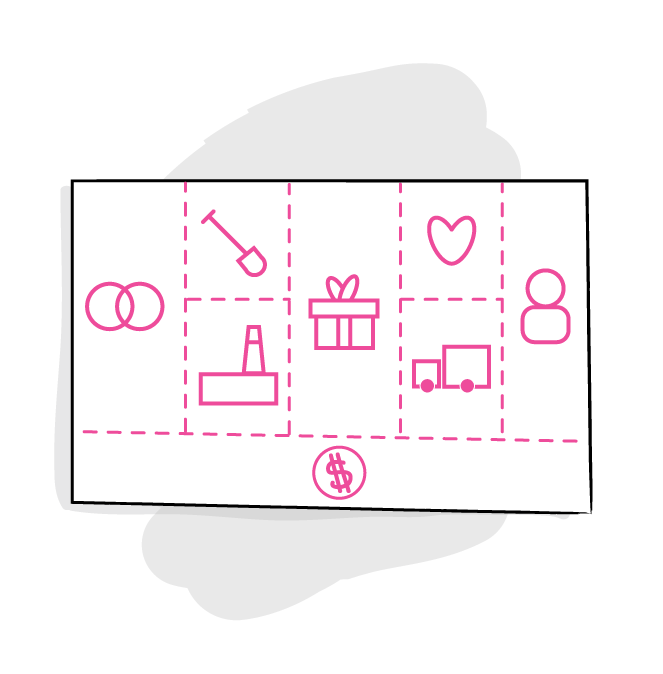
Why?
Dream up in a structured and visual way, how a new company can reach its customers and make revenues in order to understand, discuss, create and analyse a business idea.
More infoCard sorting
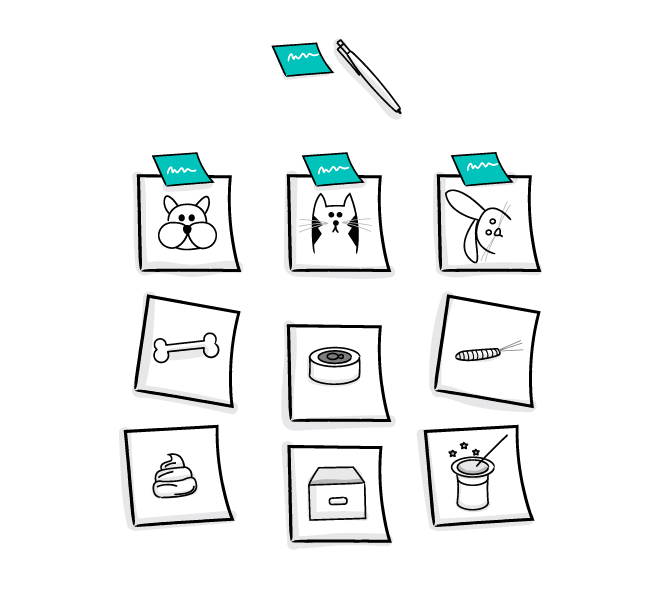
Why?
Find out what information organisation structures are considered intuitive by users.
More infoCo-creation
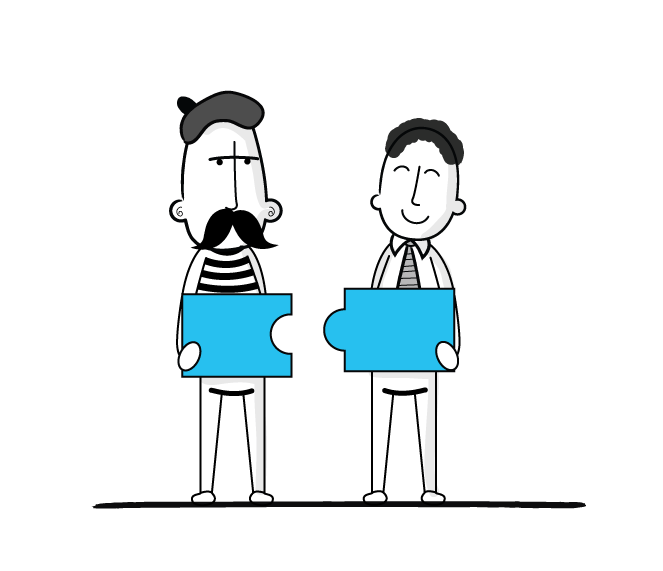
Why?
Gain inspiration from your users by involving them in the design process. It may lead to unexpected and sensible project outcomes.
More infoCo-reflection
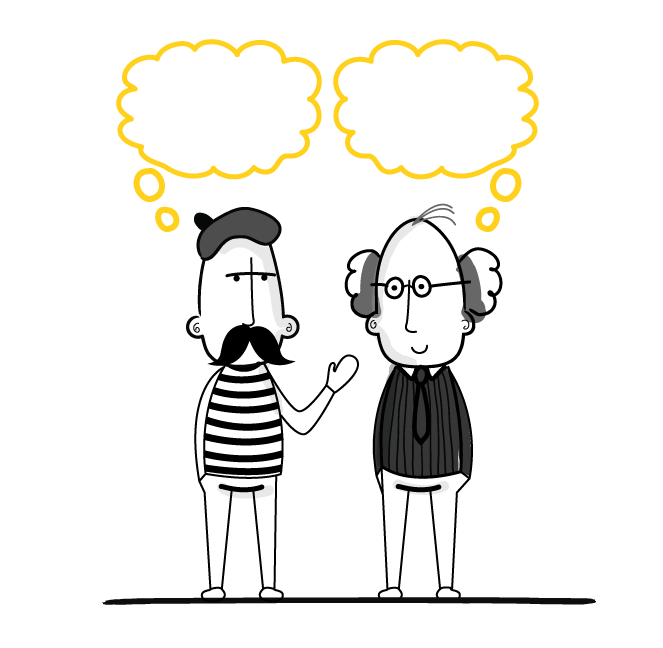
Why?
Involve stakeholders and other experts early in the design process in order to set an innovative direction and to create openness for novel ideas among stakeholders.
More infoComparison Chart
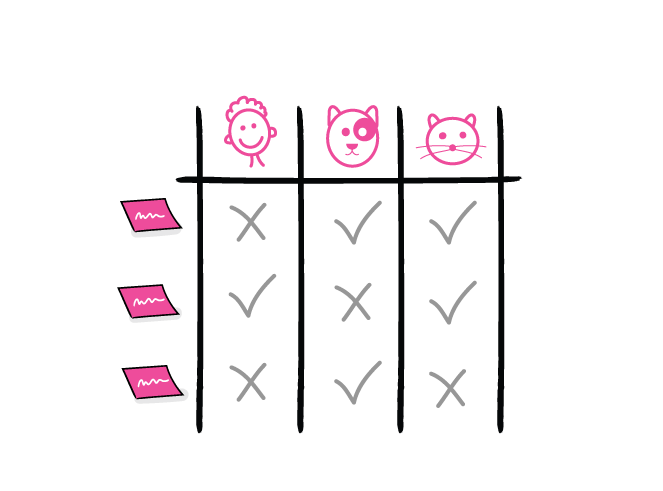
Why?
A comparison chart, or comparison table, describes and compares attributes and characteristics of existing products or tools in order to determine the best option for your project.
More infoCompetitive Analysis
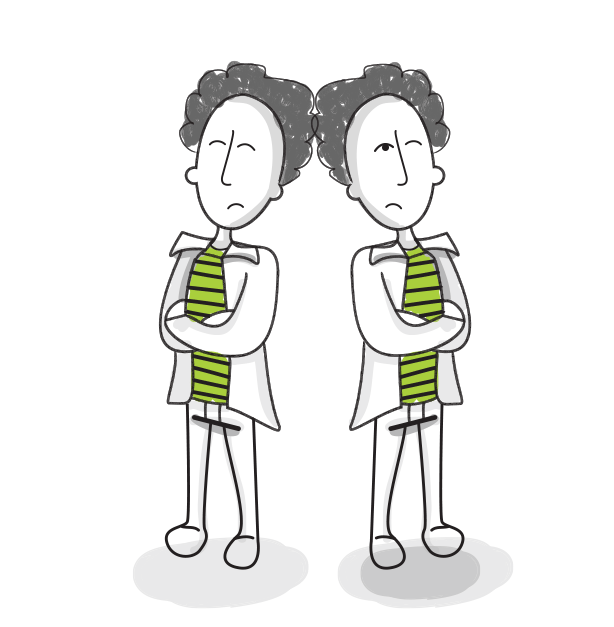
Why?
Find a niche or unique selling point competitors are not filling.
More infoConcept
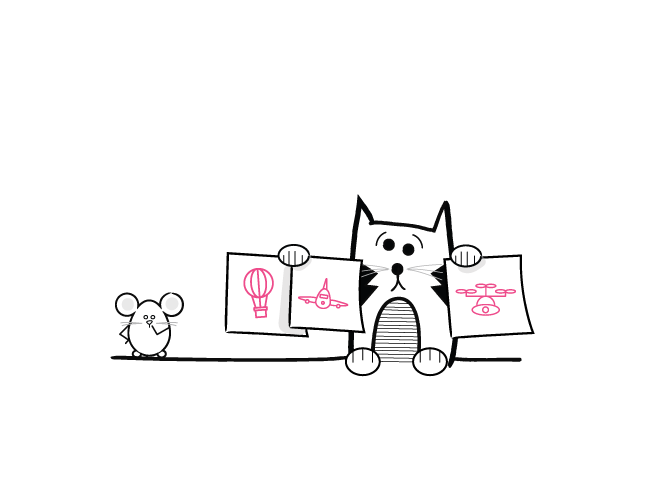
Why?
When you develop a new product or service, the concept summarizes 'the big idea' or 'the main principle' on which your solution will be based. For example, most traditional churches have a floor plan based on a cross so God can recognize a church from the sky. Validate your concept(s) with stakeholders to determine desirability and feasibility.
More infoCustomer Journey
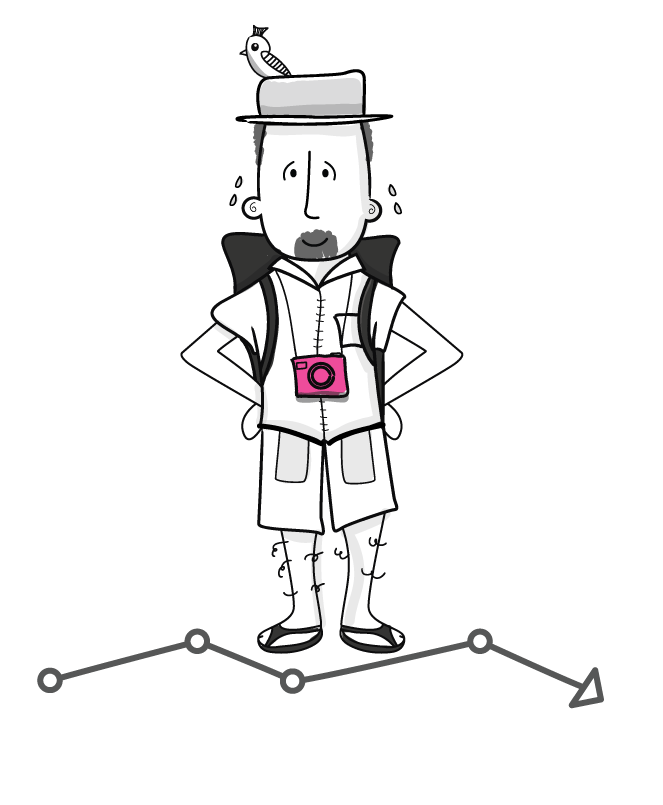
Why?
Visualize the user experience of a service over time and across the different interaction moments (touch points) within the service.
More infoDesign Pattern Search
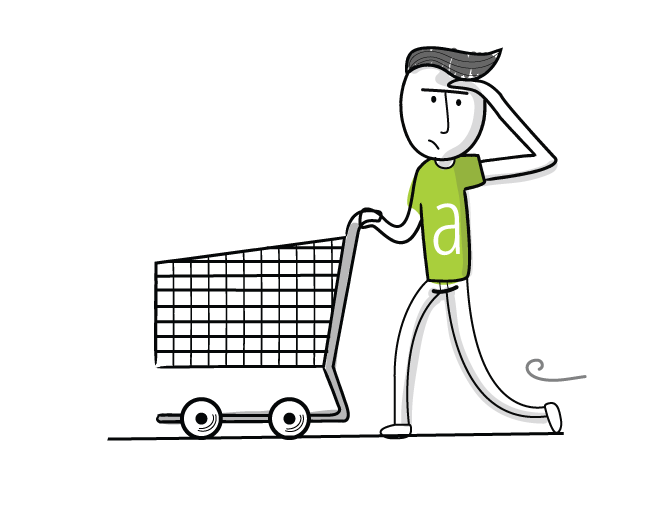
Why?
Find common solutions for recurring problems and a description of the context in which these solutions work best.
More infoDesign Specification
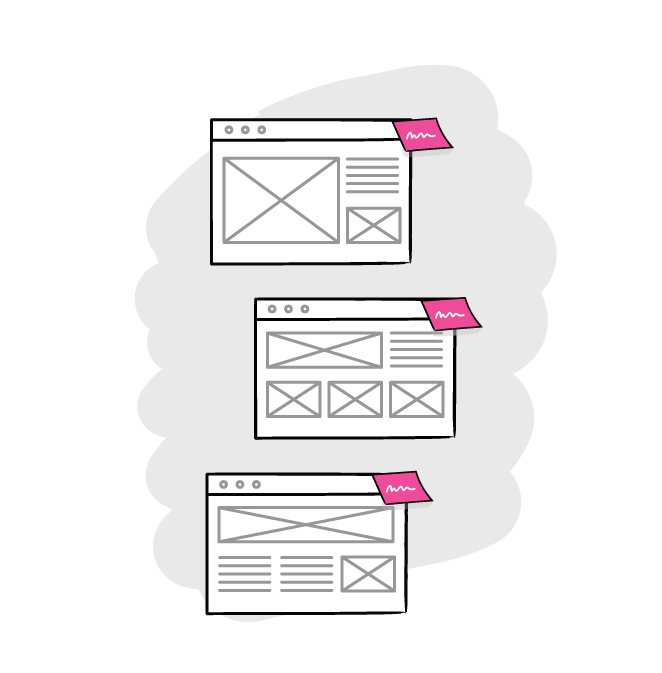
Why?
Describe the characteristics of a product, like a website or an application, in order to inform the designers and developers who are involved.
More infoDiaries & probes
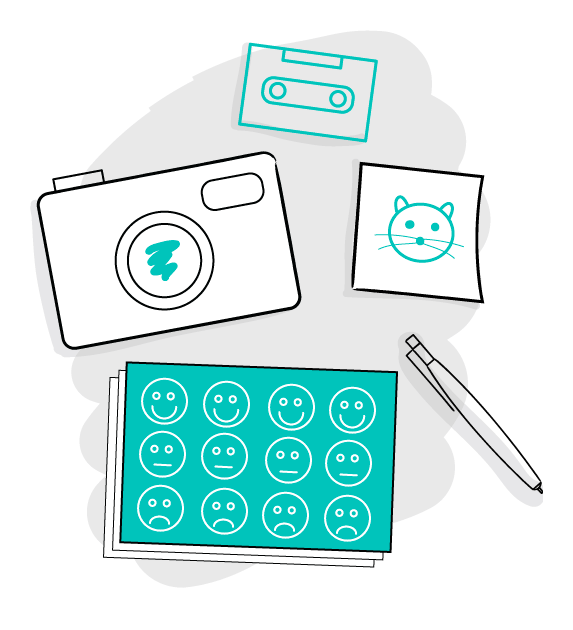
Why?
Collect detailed information and inspiration about values, thoughts, routines, and long-term experience of your intended users.
More infoEmpathy Map
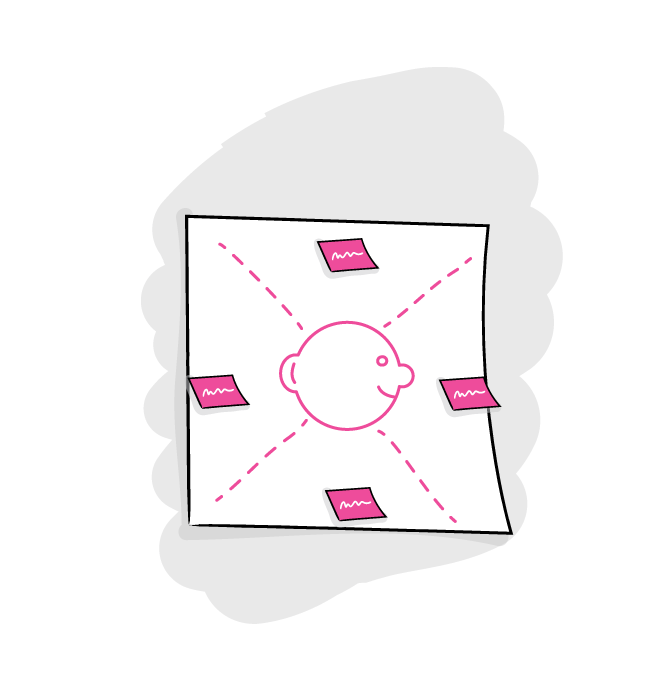
Why?
Summarize and synthetize findings from observations and interviews in a structured way. Empathy maps can offer valuable and unexpected insights in the user.
More infoEthical check
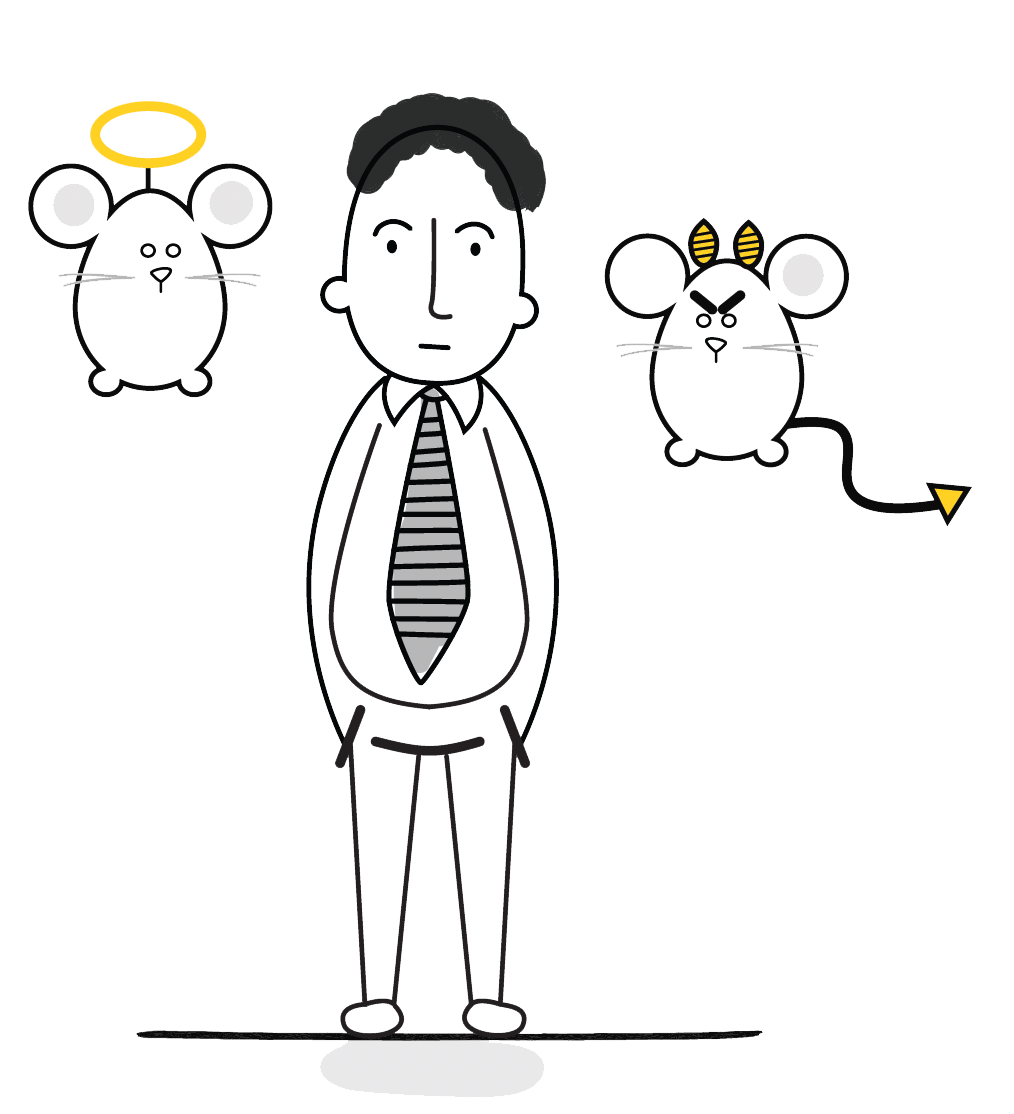
Why?
Norms and values differ between people and societies. Make sure your design and development decisions do not lead to conflicts with certain norms and values.
More infoExpert Interview
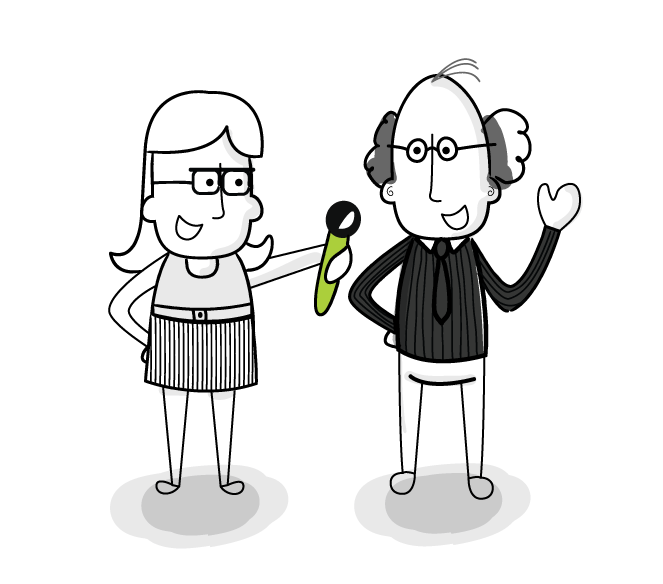
Why?
A domain or content expert can put you on track when you enter a new domain or field of expertise. The expert can point out sources, give you a sense of direction or point to common pitfalls.
More infoExpo
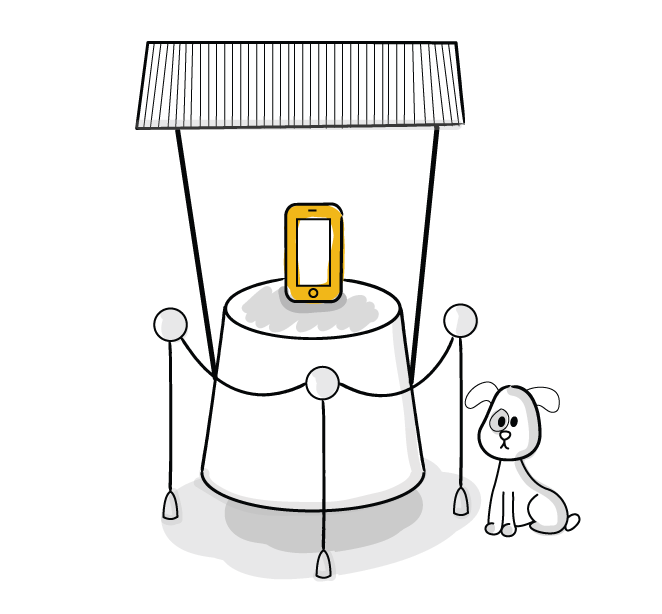
Why?
By placing your work in the spotlight, you learn about its value for others in ways you might not expect yourself.
More infoField Trial
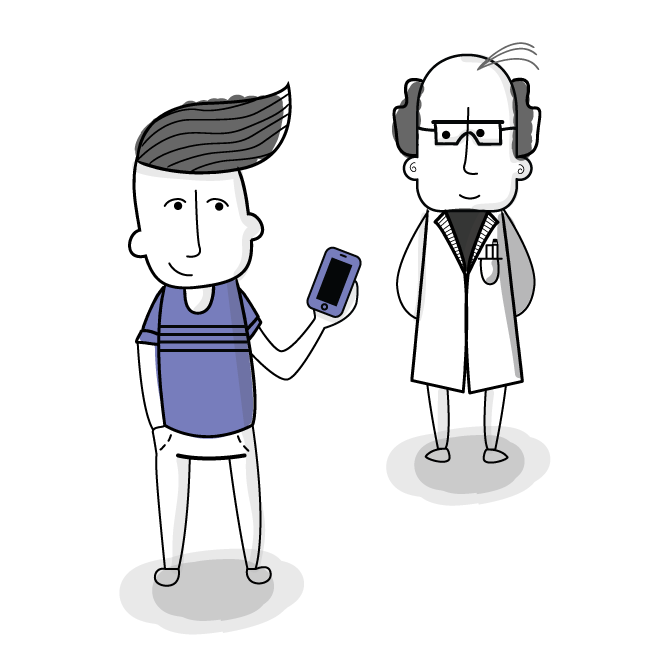
Why?
Participants never act completely naturally in a lab setting, so consider testing your product in the 'wild'. This can be particularly valuable when real-life disturbances are important for your design, as is the case with mobile apps.
More infoFocus group
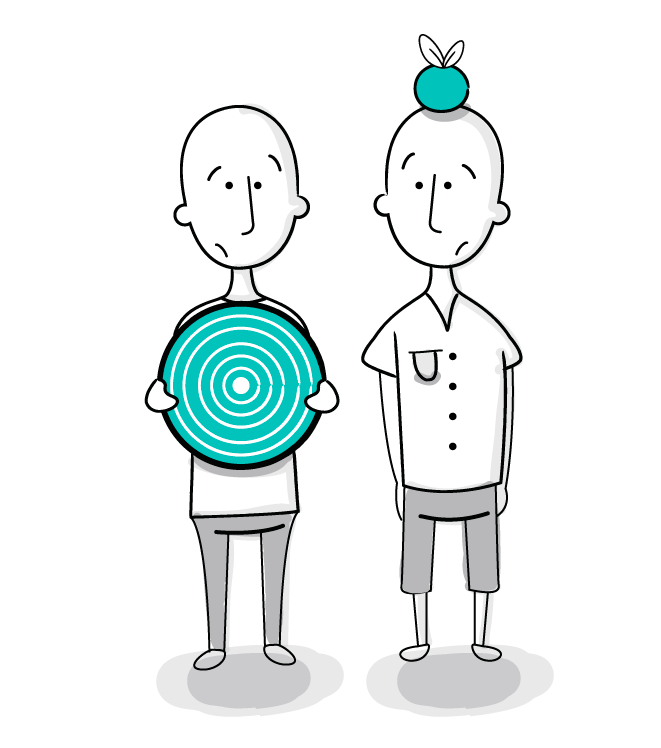
Why?
When the topic asks for it, or for efficiency reasons, opinions and experiences can also be gathered through group discussions called focus groups.
More infoGuideline conformity analysis
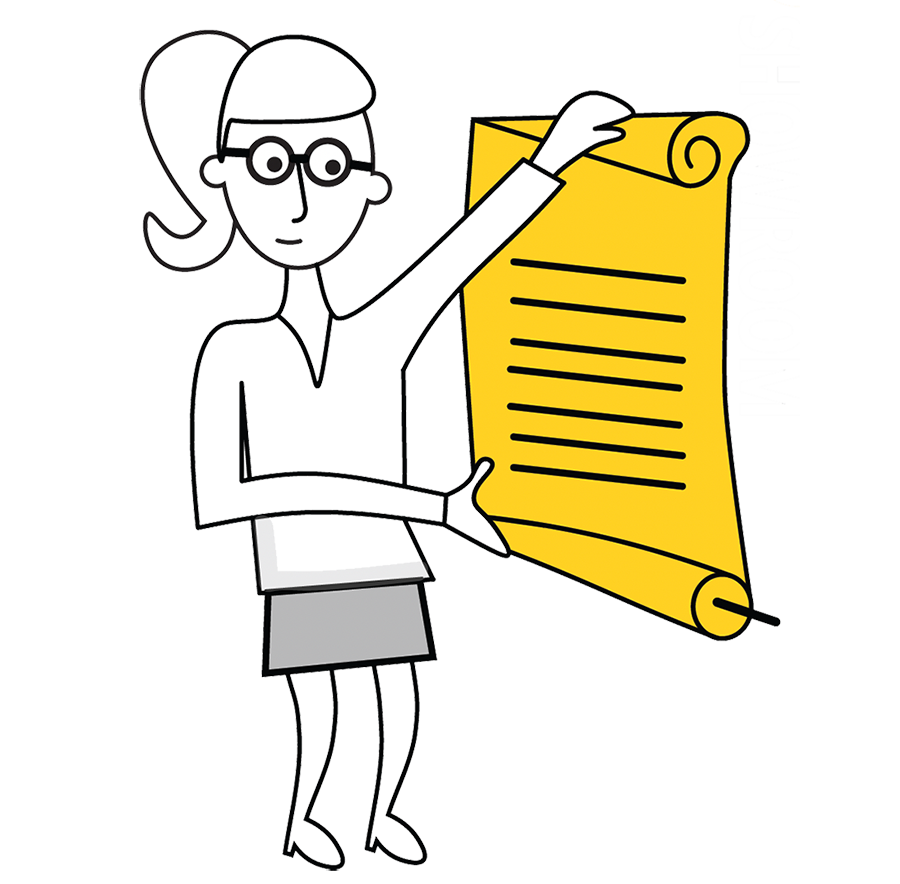
Why?
Conforming to guidelines and standards helps ensure the credibility of the quality of your product and prevents reliability, privacy and security issues.
More infoHeuristic Evaluation
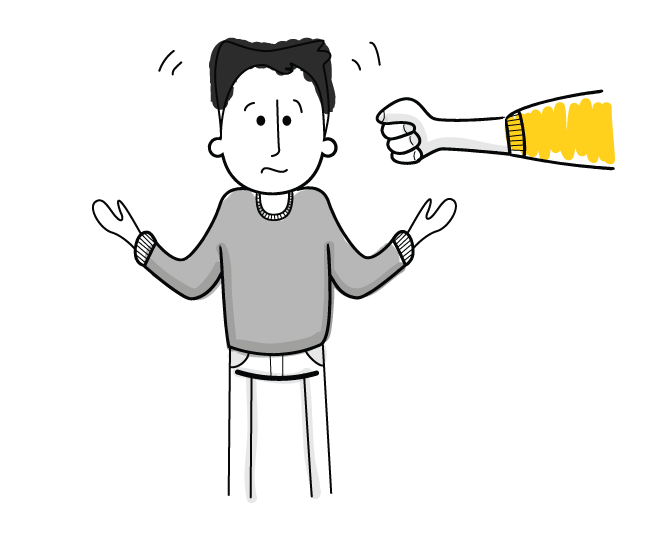
Why?
Complementary to user research, or when user research is too costly, a heuristic evaluation can be used to detect and repair usability errors.
More infoIdeation
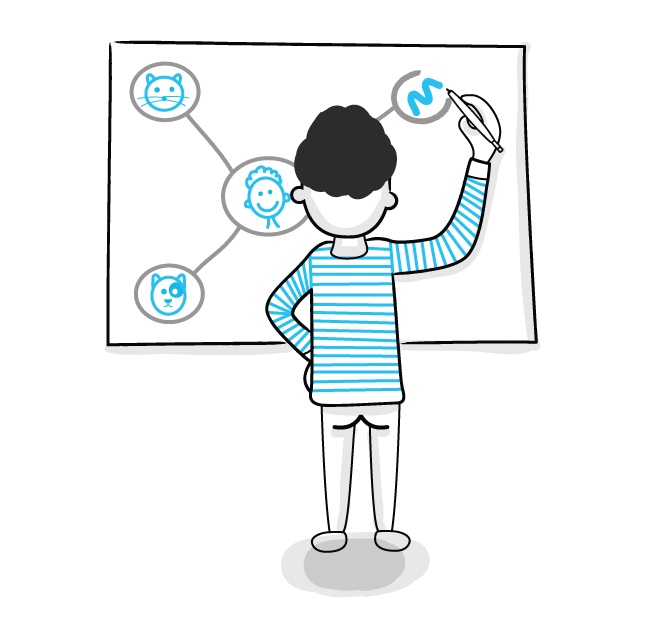
Why?
Generate and develop new ideas.
More infoInspiration Wall
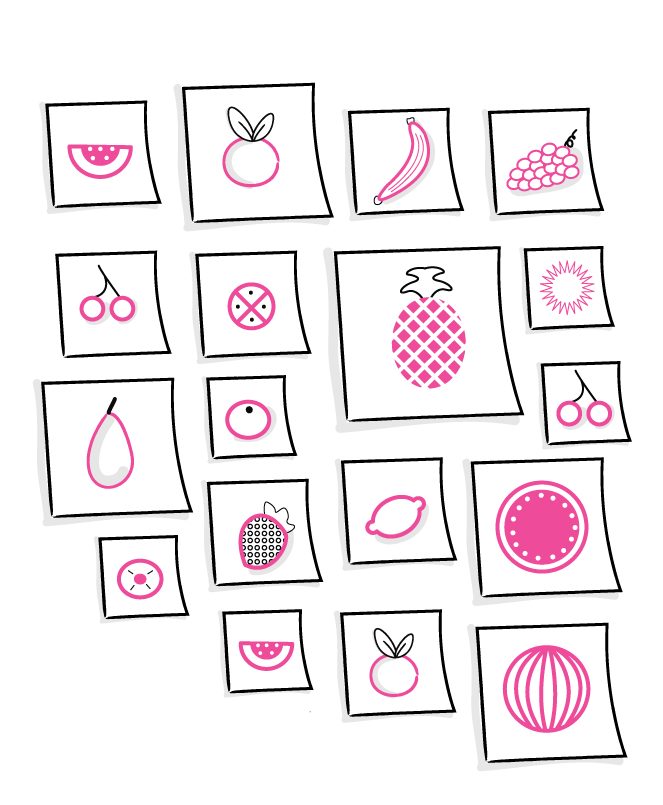
Why?
Save and organize creative ideas during a project, or even permanently, in order to have access to them very quickly and let ideas 'simmer' for a while.
More infoInterview
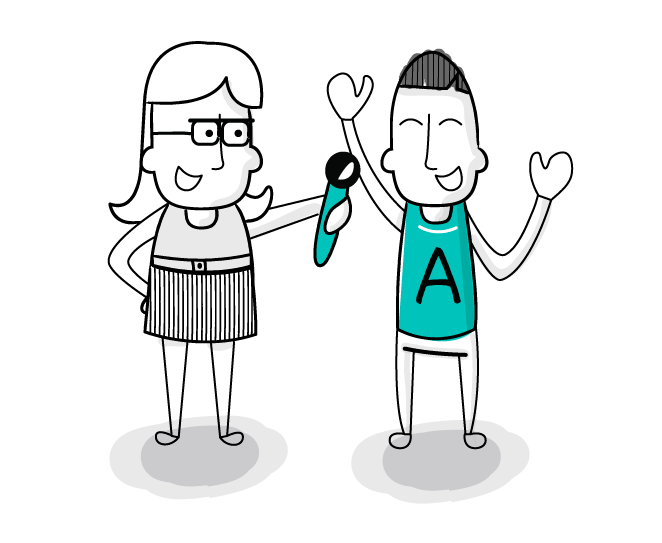
Why?
It is hard to design for users you do not fully understand. Interviews allow you to understand users better by gathering their opinions, behaviours, goals, attitudes and experiences.
More infoLiterature Study
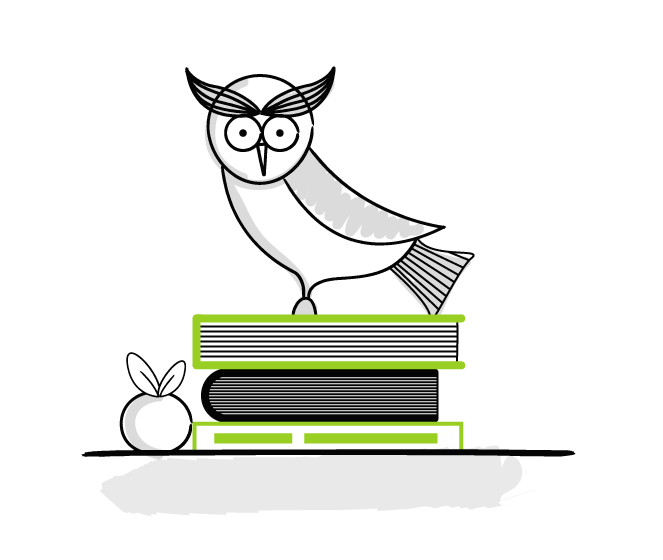
Why?
Find contextual information, guidance and best practices.
More infoMood Board
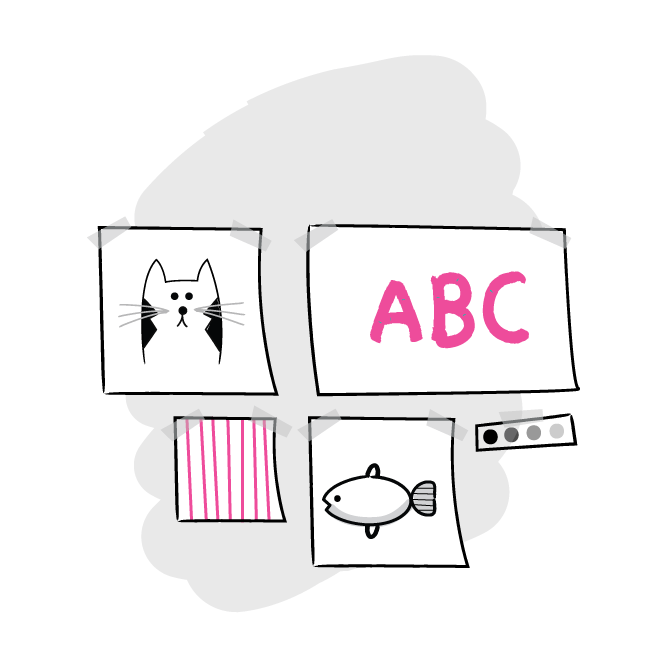
Why?
Before you start to make a design, a mood board can help describe the 'mood' or the 'feel' of the envisioned product.
More infoMorphological chart
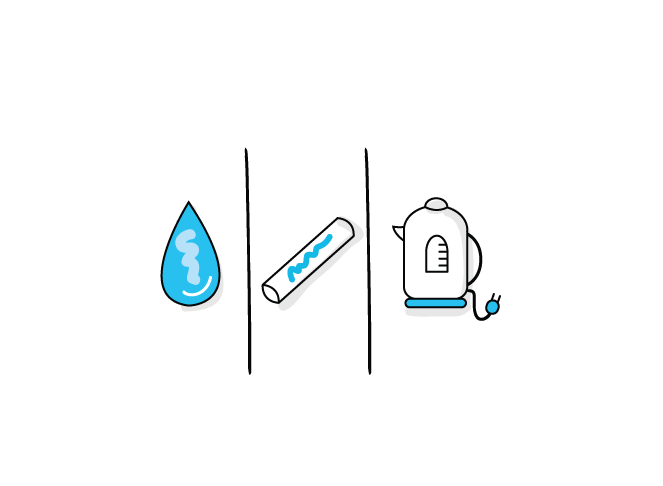
Why?
Generating ideas in a systematic manner.
More infoObservation
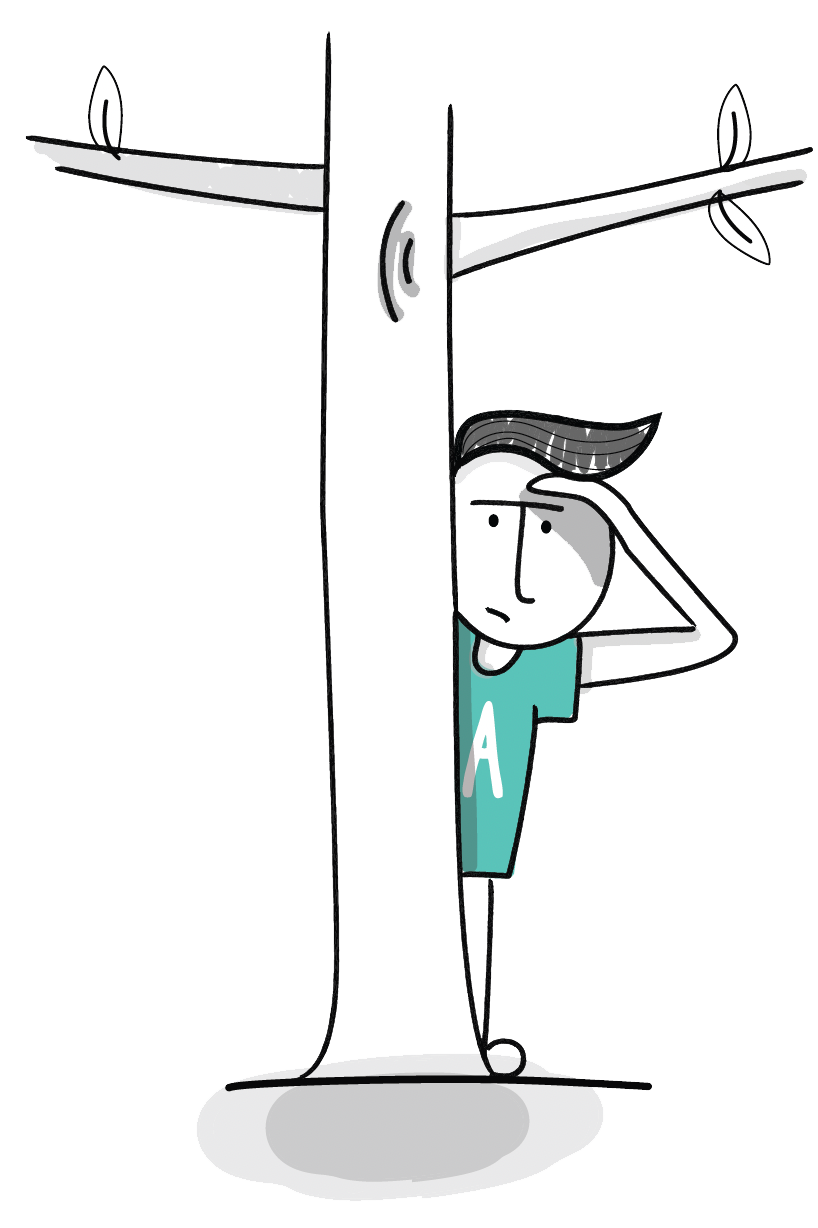
Why?
Get a feeling for how your intended users will use your product by unobtrusively observing them and their behaviour in their daily environment.
More infoOnline analytics
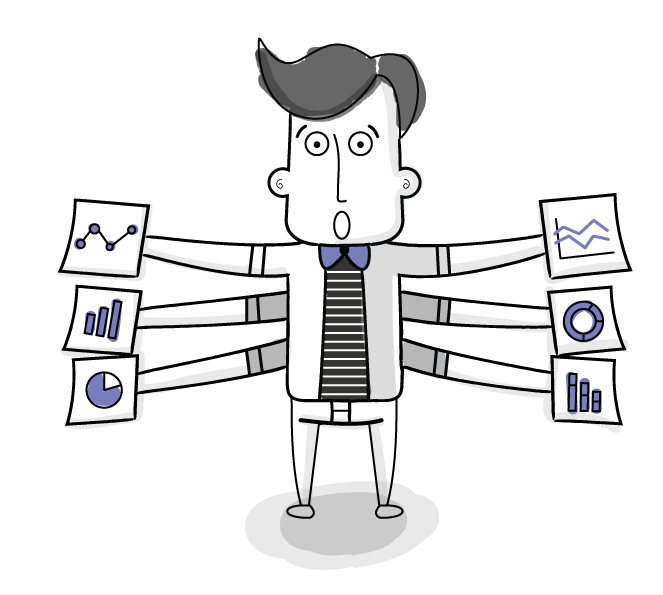
Why?
Gain insights from real usage statistics in order to continue improving a website, app or social media campaign after it is in use, or monitor it's use for marketing purposes.
More infoPeer Review
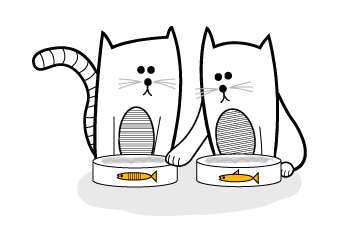
Why?
“With many eye-balls on the code, all bugs are shallow.” Colleagues and experts can help position and improve your work, certainly if it needs to be reused by them.
More infoPersona
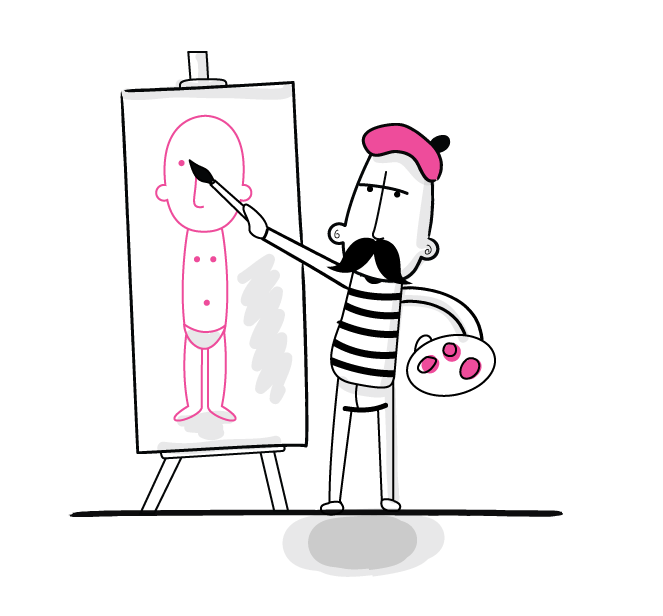
Why?
Represent the user in discussions about the design in an elegant way.
More infoPitch
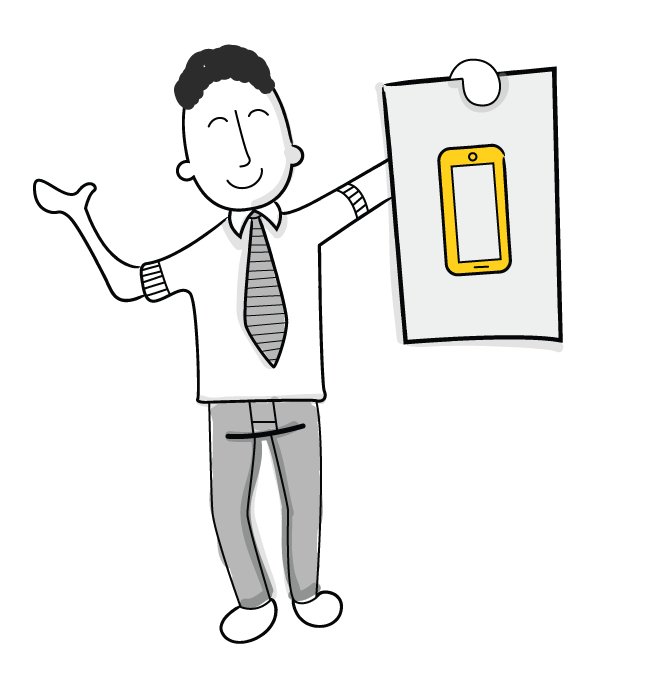
Why?
Get a grasp on your unique selling points and practice concise communication about them.
More infoProof of Concept
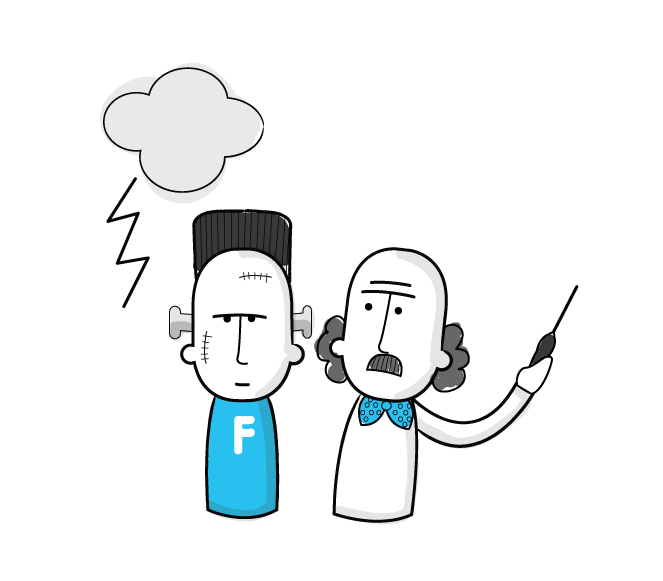
Why?
Demonstrate the desirability or the feasibility of your idea or design.
More infoPrototyping
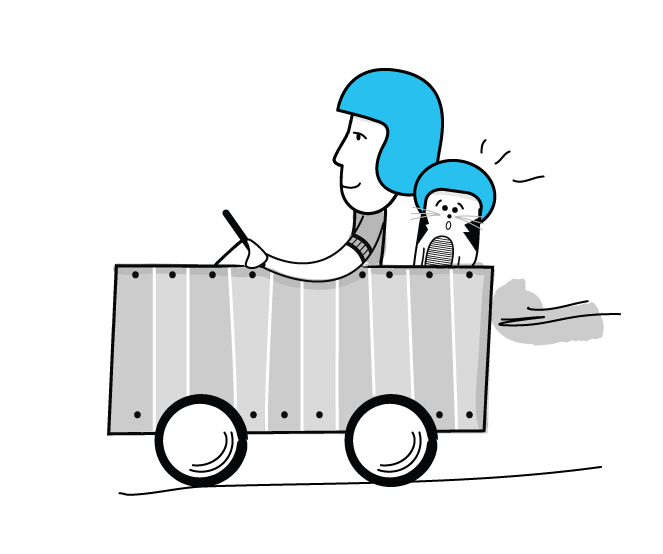
Why?
Develop, evaluate or communicate a concept or design.
More infoProvocative Prototyping
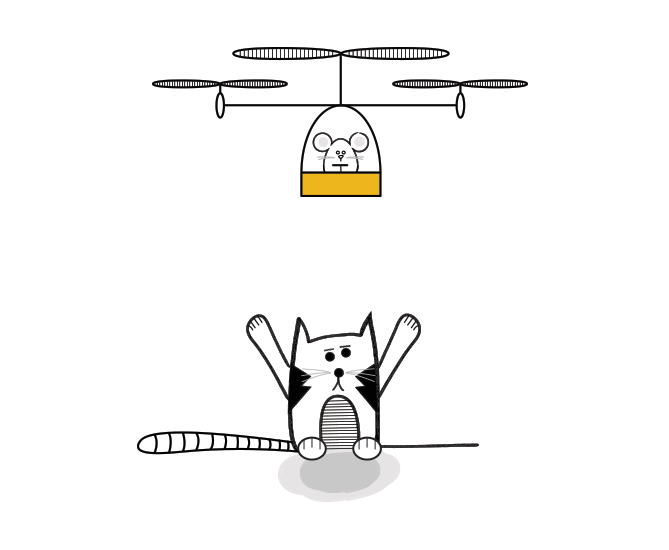
Why?
Friendly provocation can help uncover hidden values and requirements from your stakeholders.
More info(Product) Quality Review
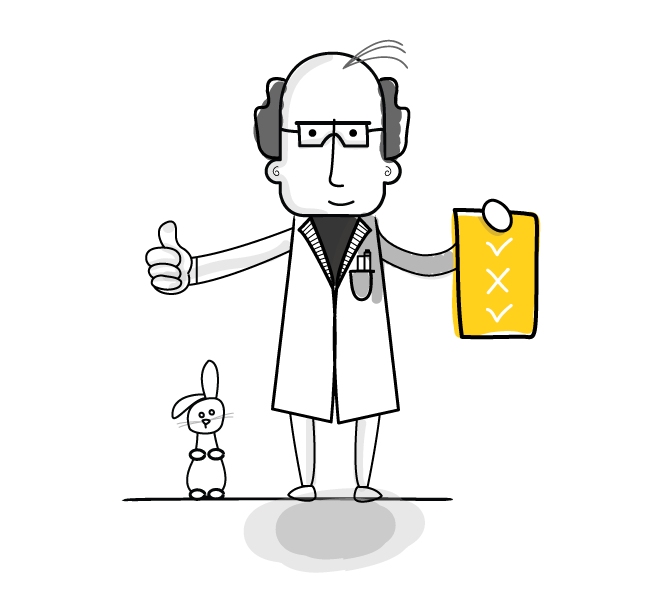
Why?
Ensure the product is perfect before it is released to the client or users.
More infoRequirements list
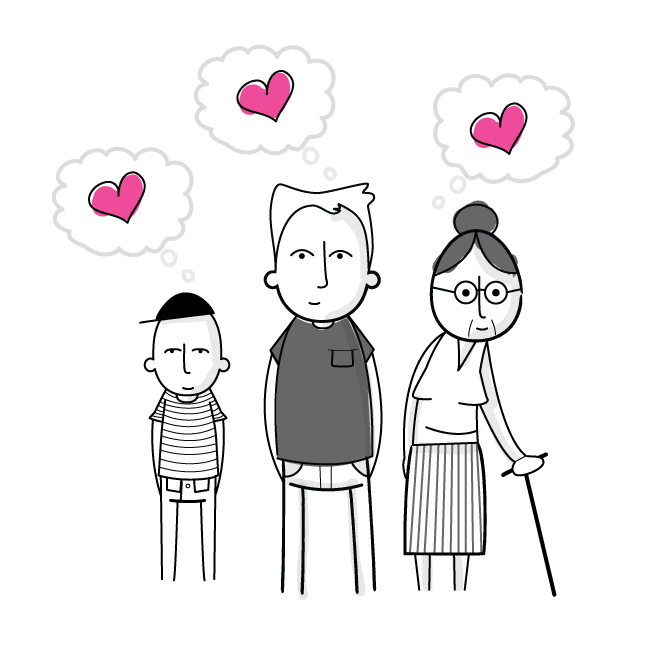
Why?
To ensure your design meets all demands, a complete list of requirements can serve as a planning tool and checklist.
More infoScamper
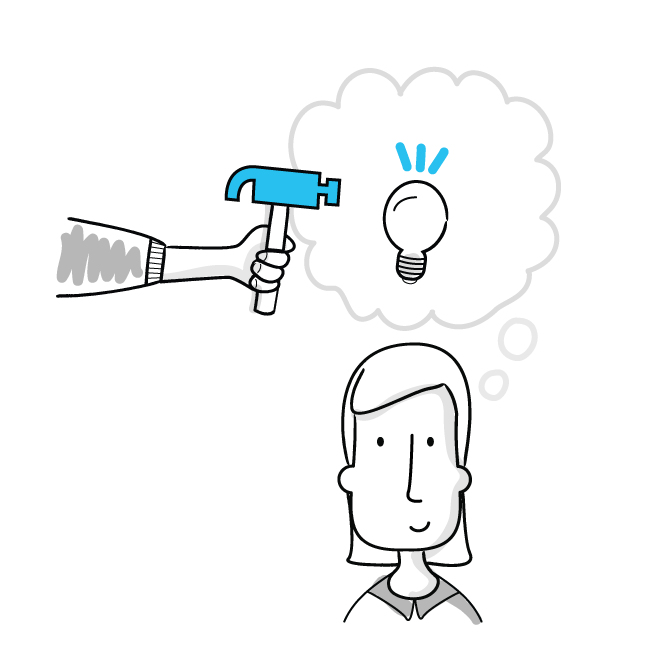
Why?
When it is hard to develop an initial idea into an elegant solution, a morphological technique such as scamper can help.
More infoScenario
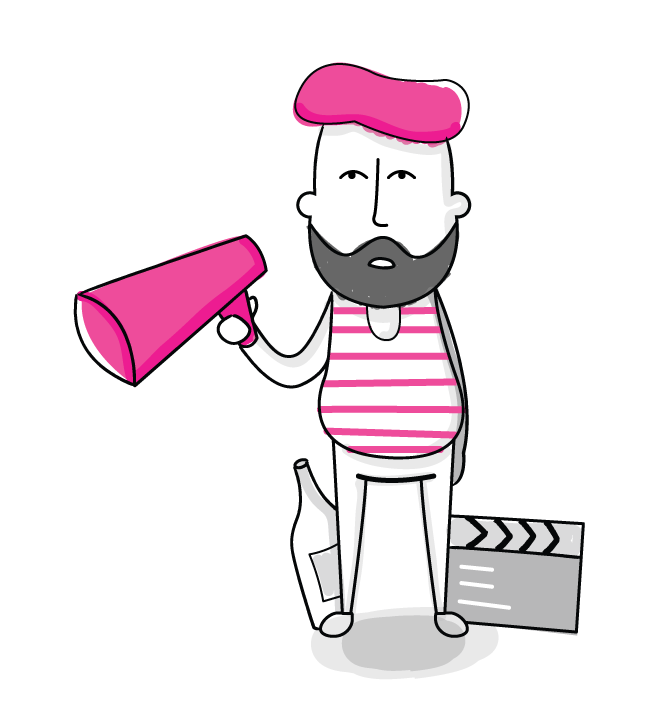
Why?
Different types of scenarios exist that each serve a different purpose, for example to develop user criteria, to generate ideas or to reflect on a concept. Storyboards are a particularly common form to capture scenarios.
More infoSecurity test

Why?
Connected products and online services are prone to misuse by rogue users. Security tests identify weaknesses of the system and thus help prevent misuse.
More infoSketching
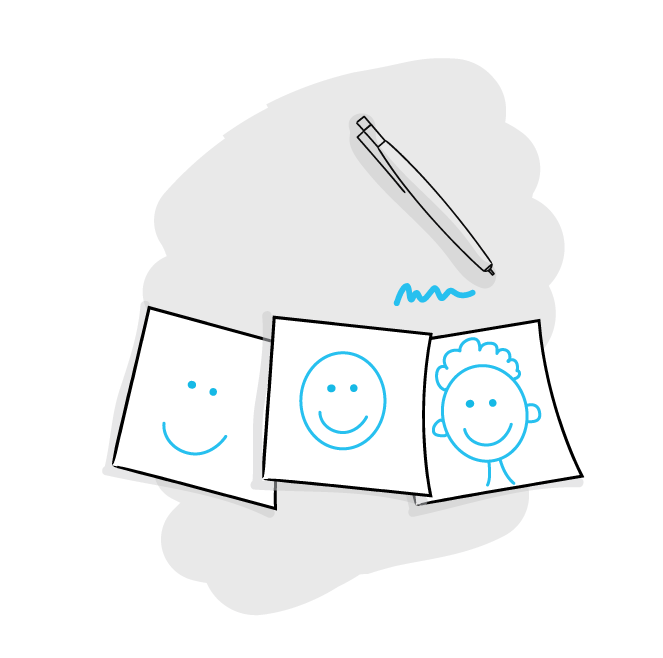
Why?
Explore and communicate forms and ideas.
More infoStorytelling
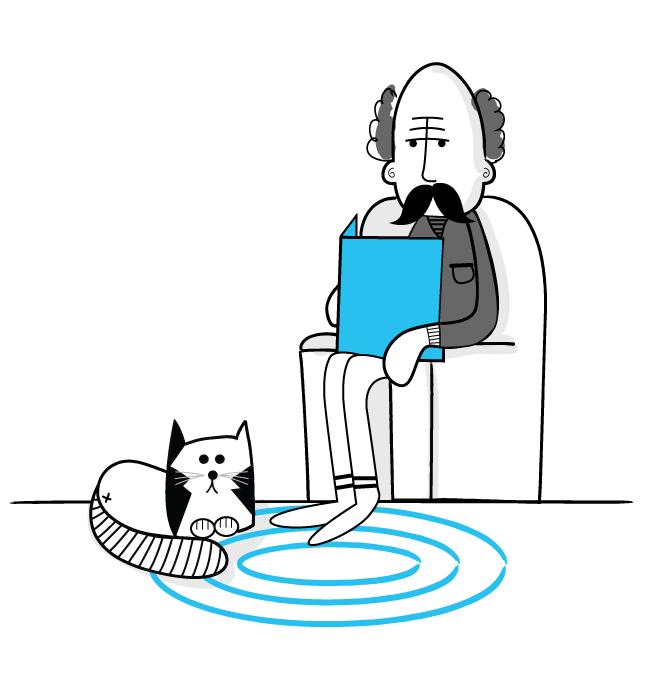
Why?
Make abstract concepts concrete and strengthen the empathy for the user in your team by using storytelling.
More infoSurvey
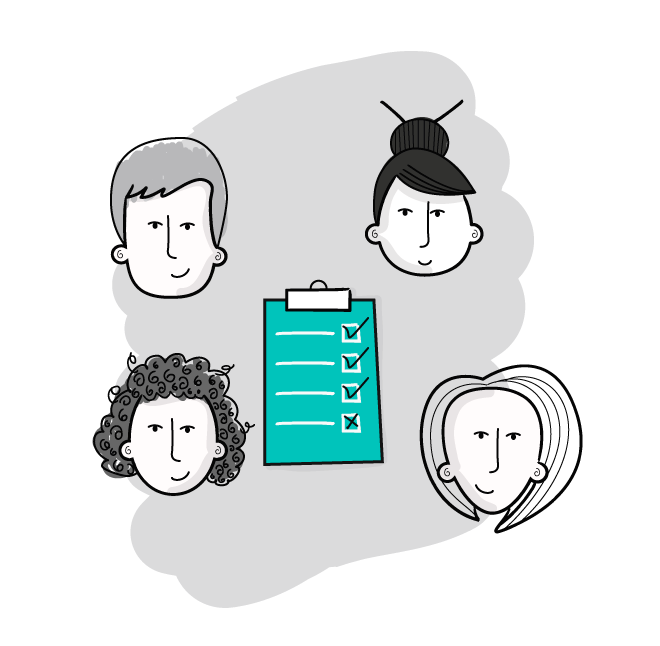
Why?
Collect, mostly quantitative, information from a large sample of your target group.
More infoTask Analysis
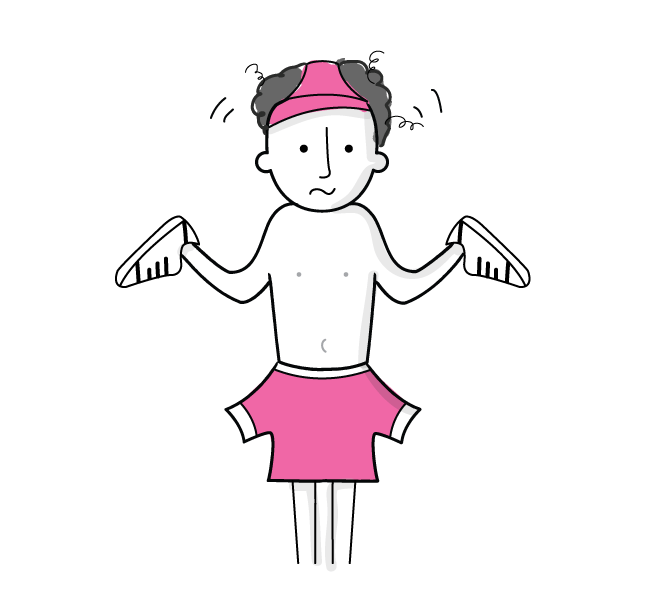
Why?
When your product has to support people performing some kind of task (for example repairing a car), a task analysis will help you and other designers understand the task better.
More infoThinking aloud
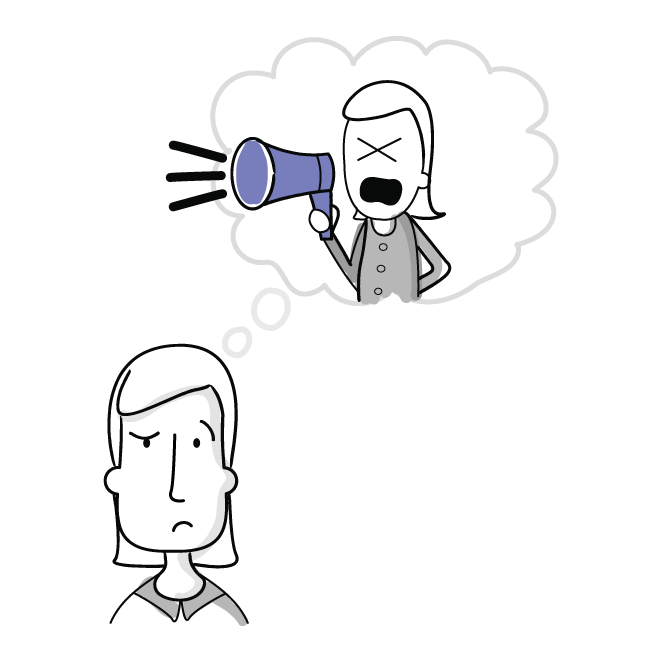
Why?
Understand the reasons behind user behaviour, or uncover the mental models of the user in a usability test.
More infoTinkering
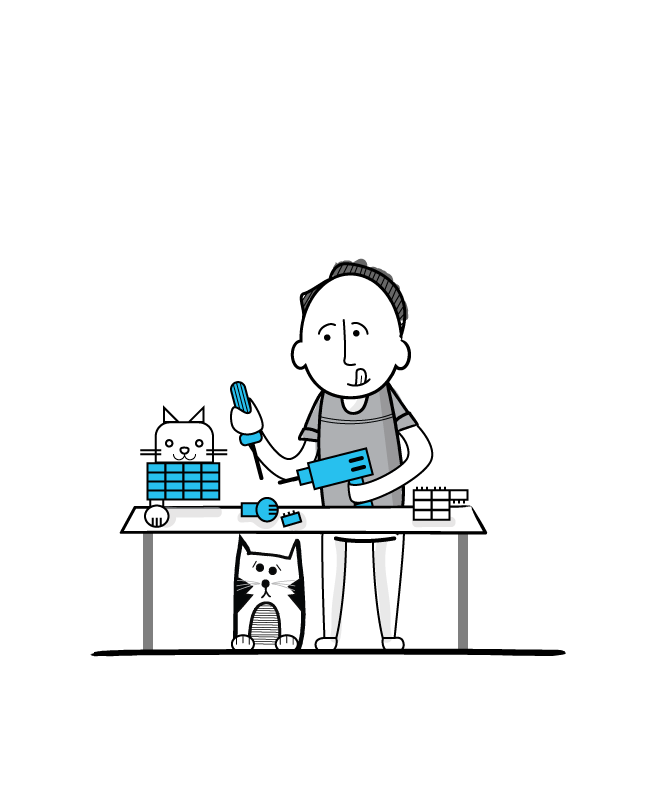
Why?
Come up with novel idea's based on technical opportunities and affordances.
More infoTrend analysis
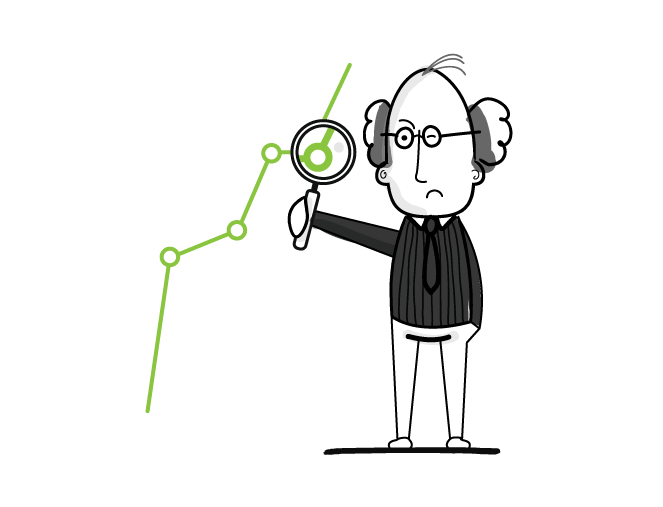
Why?
Catch up with novel developments before your competitors do.
More infoUsability Testing

Why?
Detect problems users have with your design and correct these before the product goes live.
More infoUSP (Unique Selling Points)
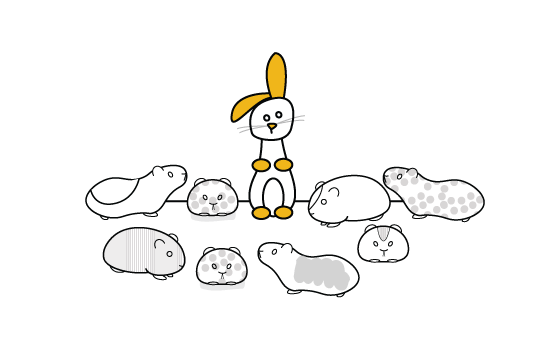
Why?
In a competitive business situation you need to be able to identify and communicate clearly and concisely what it is that sets you apart.
More infoWizard of Oz
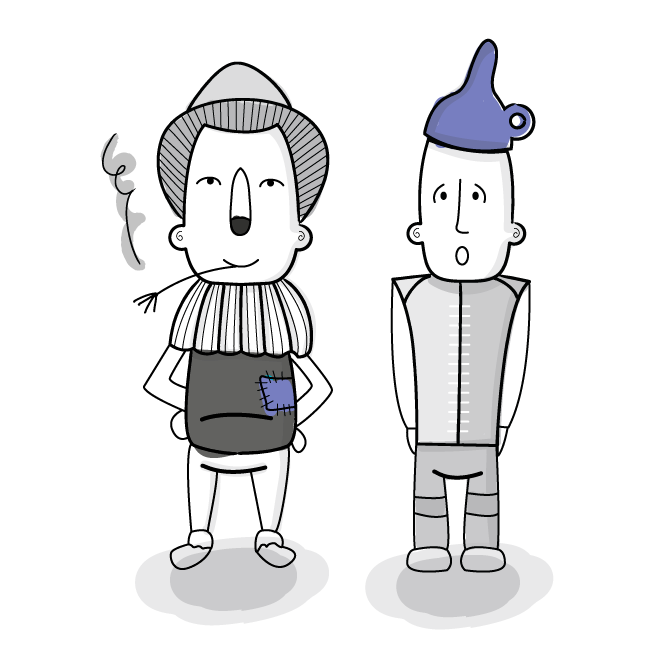
Why?
A Wizard of Oz: acting out the systems functionality, can help when a system has not been build yet, but a realistic user test is necessary to drive design.
More info